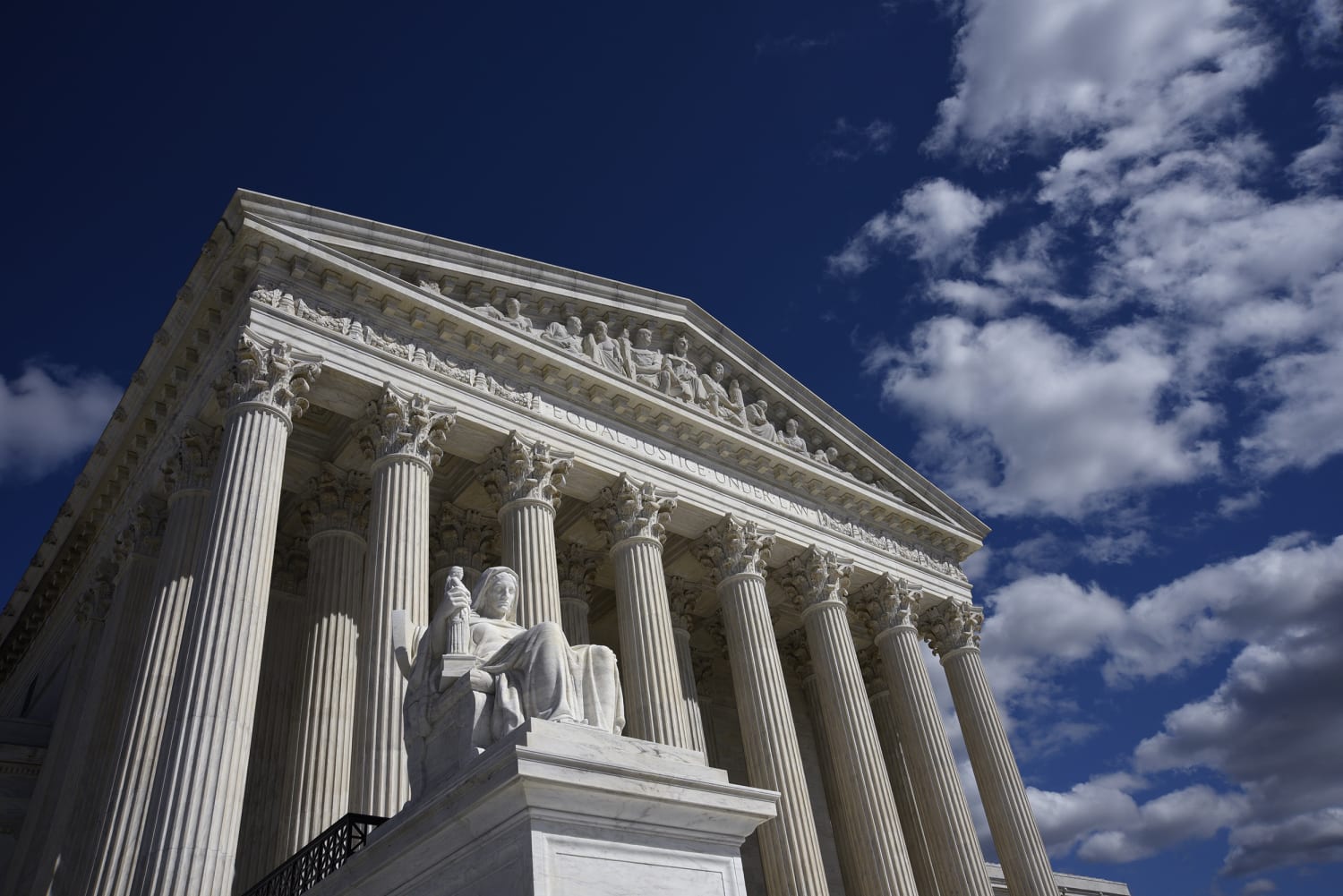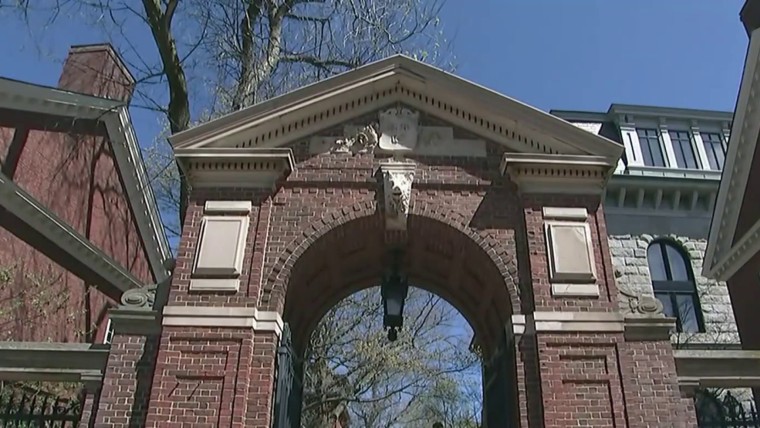The Supreme Court on Monday wades into the decadeslong legal fight over affirmative action in cases challenging policies at the University of North Carolina and Harvard University, with the conservative majority expected to be open to ending the practice.
Affirmative action, introduced to redress historic discrimination, has been a contentious issue for years, strongly supported by educational institutions and corporate America as vital to fostering diversity and condemned by conservatives as antithetical to the notion that racial equality means that all races are treated the same.
The Supreme Court, which has a 6-3 conservative majority, will hear back-to-back oral arguments in the UNC and Harvard cases; the session is likely to last several hours. The arguments against affirmative action are being brought by a group called Students for Fair Admissions, led by conservative activist Ed Blum.
The group’s lawyers have asked the justices to overturn a 2003 ruling on Grutter v. Bollinger, in which the court said race could be considered as a factor in the admissions process because universities had a compelling interest in maintaining a diverse campus. The legal debate was left unresolved by a fractured 1978 Supreme Court ruling in which the justices prohibited racial quotas but left the door open to some consideration of race.
In 2016, the last time the Supreme Court ruled on affirmative action, the justices narrowly upheld the admissions policy at the University of Texas at Austin on a 4-3 vote with conservative Justice Anthony Kennedy, who has since retired, casting the deciding vote.
The court shifted to the right following former President Donald Trump’s appointment of three conservative justices. President Joe Biden’s appointee, liberal Justice Ketanji Brown Jackson, did not change the ideological balance of the bench as she replaced fellow liberal Justice Stephen Breyer. As Jackson previously served on Harvard’s board of overseers, she has stepped aside from that case and will only participate in the North Carolina dispute.
Blum’s group argues that any consideration of race in university admissions is unlawful under both federal law that bars discrimination in education and the equal protection clause of the 14th Amendment to the Constitution. They argue that the UNC admissions policy discriminates against white and Asian applicants and that the Harvard policy discriminates against Asians. In both cases, lower courts ruled in favor of the universities.
In defending their policies, the universities and their supporters — including the Biden administration, civil rights groups, businesses and former military leaders — argue that excluding someone based on race is completely different to seeking diversity on campus. The universities say race is just one factor that is considered as part of broad individualized analysis of each applicant.
If affirmative action is ended, those defending the practice say, race-neutral policies aimed at achieving diversity will often fail, leading to a decline in Black and Hispanic enrollment. The challengers point to examples in the nine states that already ban the practice as evidence that consideration of race is not essential.
Source: | This article originally belongs to Nbcnews.com











